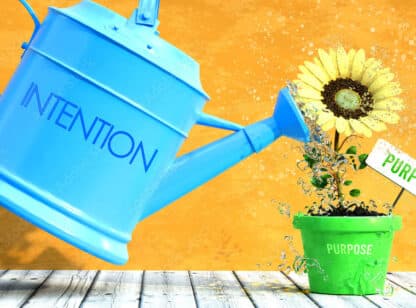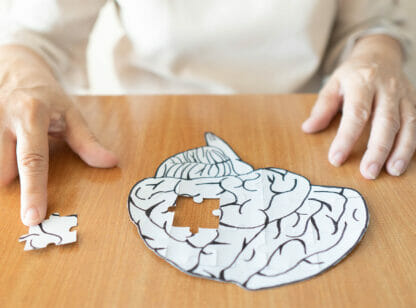If you have ever known someone who had a stroke, you know how devastating the experience can be. There are many side effects of varying degrees that can limit one’s abilities to do the things they love. Strokes can significantly alter one’s lifestyle. And a stroke doesn’t just happen to the person – it happens to the entire family as roles are often changed if the patient is left impaired.
According to the American Heart Association, there are three types of strokes: Ischemic (or clots) which are obstruction within a blood vessel and the most common type of stroke; Hemorrhagic (or bleeds) which is a weakened blood vessel (an aneurysm) that ruptures and bleeds into surrounding brain compressing surrounding brain tissue; and the third type, a TIA (or mini stroke) caused by a temporary blood clot, and the symptoms resolve within 24 hours. TIA’s are a warning sign that something is not right and should be taken seriously.
It is important to know the warning signs of a stroke. If someone is experiencing any of these signs, please seek immediate medical attention:
- Sudden numbness or weakness of the face, arm or leg, especially on one side of the body
- Sudden confusion, trouble speaking or understanding
- Sudden trouble seeing in one or both eyes
- Sudden trouble walking, dizziness, loss of balance or coordination
- Sudden, severe headache with no known cause
A stroke is a “brain attack” which often leaves patients with some brain damage. Like the heart, if oxygen and blood flow to the brain are interrupted, damage occurs. Right brain strokes usually affect the left side of the body and right side of the face. Paralysis, vision problems, behavioral changes and memory loss may occur. Left brain strokes usually affect the right side of the body with paralysis, speech problems, behavioral changes and memory loss. (Please note these are only generalizations).
There is hope after a stroke for continued gains. A common misperception is that the only improvements to be made are in the first year after the stroke. Recent research shows the brain can improve through neuroplasticity. This is the brain’s ability to reorganize itself and build new neuronal pathways. This is accomplished by repetition of tasks, especially ones that the person enjoyed previously like golf.
Stroke patients can become despondent and introverted due to loss of independence. Depression is one of the top three complaints after a stroke (as is fatigue). This is another reason to practice enjoyable activities, even if modifications have to be made.
If you are a caretaker of someone who has suffered from a stroke, continuing as normal a routine as possible like introducing daily exercise, stretching and therapy can help to minimize the onset of depression and improve quality of life.
Barrett Betschart is owner of ElderCaring non-medical in home care & BOUNCE YOU BACK injury & post-surgical recovery care and can be reached at 760.333.0427.
Sources: American Heart Association and National Center for Disease Control and Prevention













































Comments (0)